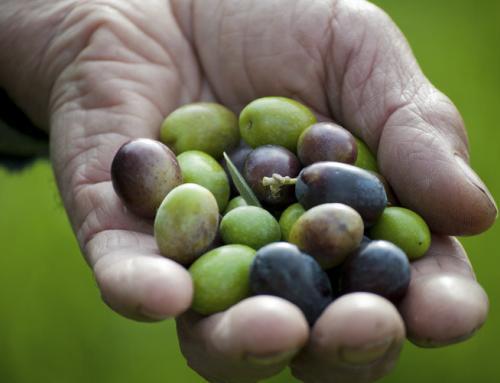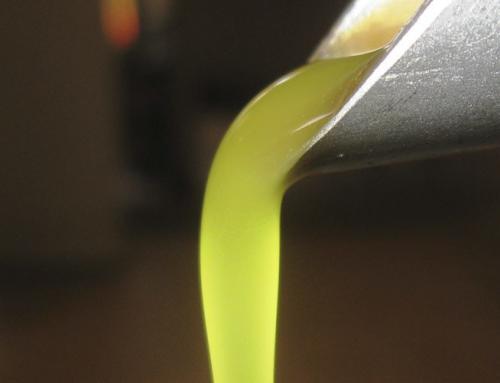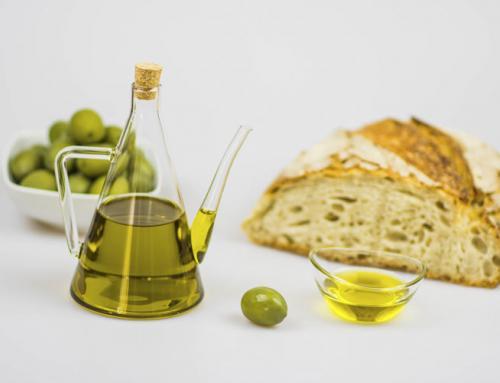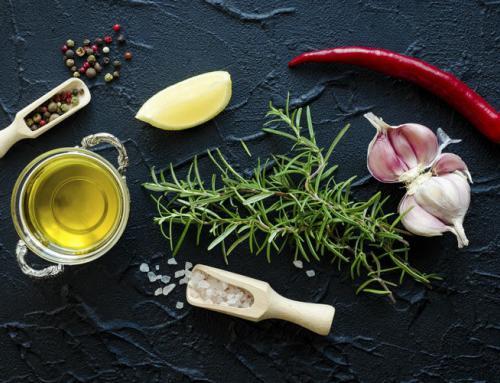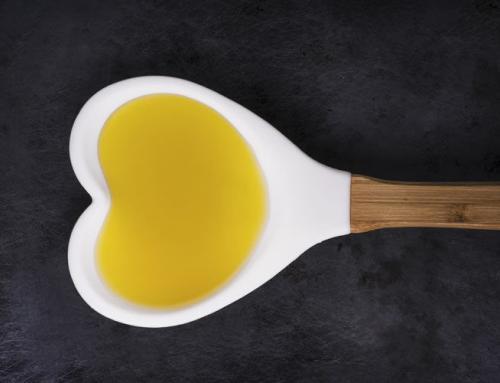he Mediterranean diet, declared by UNESCO as “intangible cultural heritage of humanity”, recognizes in extra virgin olive oil a product that guarantees an intake of elements which are considered as the most important ones for the human organism.
Each oil has different quality and sensory characteristics, which depend on the production area, the type of cultivation and the processes used for the processing of the fruit. But how can the consumer recognize and buy a good oil?
The best quality oil is certainly extra virgin olive oil, known for its absolute authenticity and its healthy properties. A great extra virgin oil is not obtained by chance, but by the wise and best combination of several factors that interact with each other in a very complex way. Some of these factors depend on the choices of the farmer-entrepreneur and the mill. Others, the natural ones, depend and are influenced by the climatic conditions and soil of the cultivated area, as well as the varieties of olive oil used. The sensory characteristics of extra virgin oils vary for each type. The quality Evo oil (an acronym for Extra Virgin Olive Oil) must be characterized by three main attributes: Fruitiness, Bitterness and Spiciness.
First, a quality extra virgin olive oil must refer to the fruit from which it comes: the olive. Therefore, it must not be odorless, colorless, tasteless; for too long the message that promoted an oil without soul has passed, without all those nutritional, health and sensory characteristics that make it the best of all oils. All extra virgin olive oils should therefore have a minimal feeling of olive fruity smell which identifies an oil with healthy olives, fresh and processed in the mill at the right stage of maturation. The fruitiness is a fundamental feature that only oils extracted from olives (since obtained only from the fruit, olive, using exclusively mechanical processes) and not oils made from seeds, which are extracted and made edible with industrial refining processes. The fruitiness is therefore that set of olfactory sensations perceived directly and/or retro nasal, dependent on the variety of olives and in any characteristic of the oil obtained from fresh and healthy fruits, green or ripe.
Quality extra virgin olive oil must be bitter. Bitterness is the characteristic taste of oil obtained from green or newly harvested olives, rich in phenolic compounds. Bitterness, like spiciness, is an added value to olive oil and not a defect. Bitterness, like spiciness, comes from the presence of valuable substances – antioxidants – that protect the oil from oxidation as well as the cells of the human organism, inducing several favorable effects on health.
Quality extra virgin olive oil must be spicy. Spiciness is that pungent tactile characteristic sensation of the oils produced at the beginning of the harvest, mainly from green olives or just harvested ones, and still rich in phenolic compounds, which can be felt particularly in the throat. The healthier the olives, the richer they are in polyphenols: polyphenols are responsible for the spicy feeling in the throat. As a result, spiciness is directly proportional to the polyphenol content (natural antioxidants contained in the oil). The spicier the oil, the better for our health.




